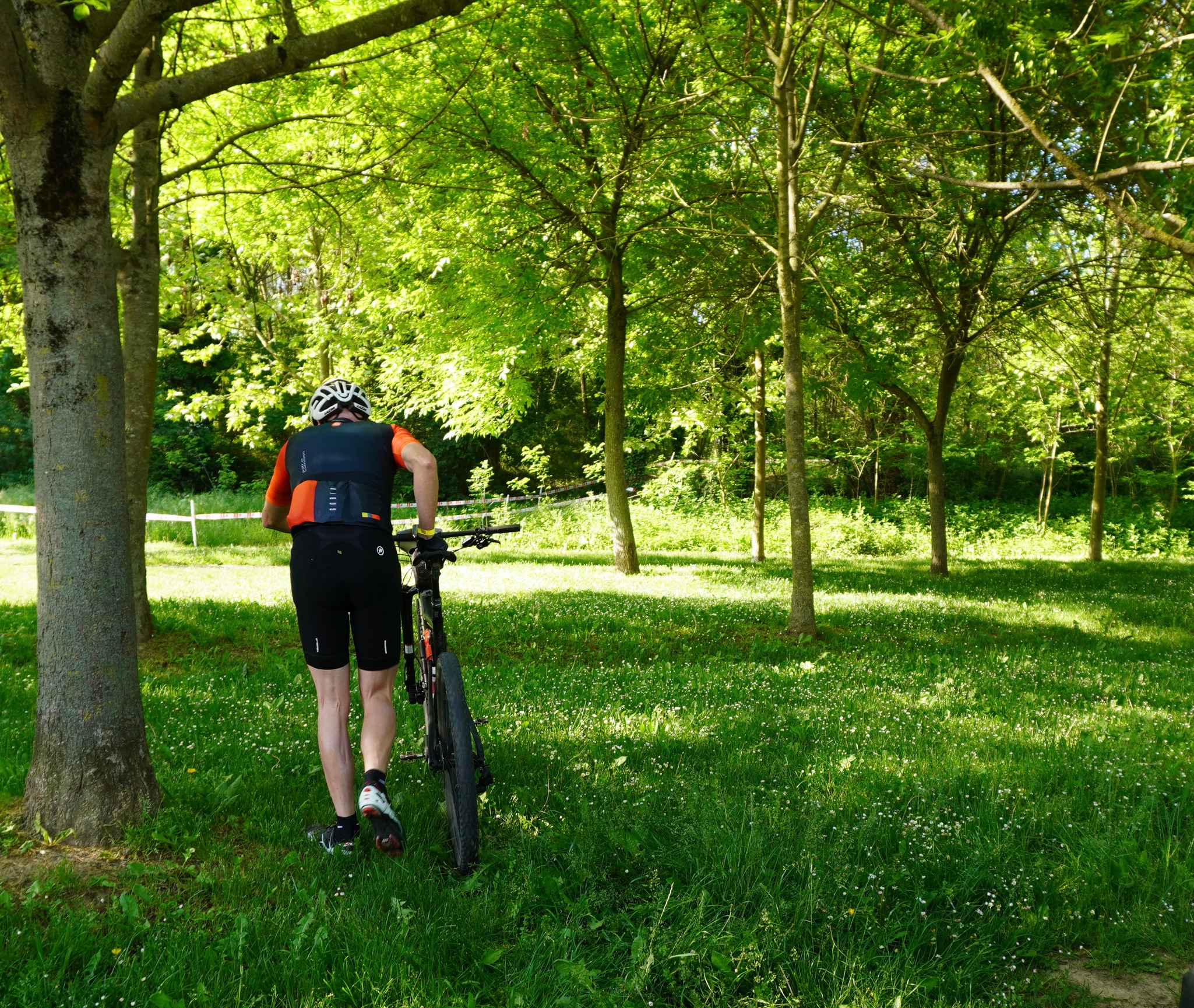How to Avoid Over-Training when Preparing for an Ultra-Endurance Cycling or Running Event

Over-Training can mean weeks to months out of training and put an end to your season's goals; knowing how to avoid it is key. Here are some tips to help:
Know the Early Signs
Knowing the signs which might suggest you are over-doing it can help you take action early and get on track in as little as a week. Early signs of over-training include:
- Unresponsive heart rate
- Higher than usual perceived exertion for a given power/pace
- Unable to maintain your usual top end power/pace
- Unusual fatigue
- Low Heart Rate Variability (2-3 readings in a row)
- Unusual negative mood/grumpiness
- Unusual clumsiness
Know your Vulnerabilities
Many endurance athletes seem to have a predisposition to overdo things; often high achievers and often with a very high compunction to train.
It can also be very difficult to distinguish normal training fatigue from over-training.
A good way to avoid over-training can be to have a sit down and think about what might make you vulnerable so you have warning signs you can look out for beyond the physical symptoms.
Here is a list of some common vulnerabilities but this is by no means exhaustive; you may have others not mentioned here (add them in comments so we can all learn from each other):
- A tendency to fixate on numbers - ie number of miles/kms completed, a certain 'fitness score,' number of hours completed.
- A tendency towards too much intensity - i.e. doing too many hard workouts in a week without enough rest.
- Stress - stress can affect your ability to recover so you can't support the same load that you can support when you are less stressed.
- Poor tolerance for rest - the first step to over-training is under-recovery, if you don't tolerate rest well this can be a key risk factor.
- Not doing easy workouts easy enough - this is really the same as too much intensity but rather than doing too many hard sessions it's just that you have difficulty choosing to go slow when you can go faster.
- A tendency to under fuel - whether intentional or accidental, under-fuelling can lead to a myriad of health problems, including over-training.
Steps to Avoid Over-Training
Here are some key things that you can put in place to avoid over-training:
1) Plan easy days and easy weeks
If you plan times to take it easy it will help ensure you recover as planned. Ideally within each week you would have one or two easier days, I usually like these to be Monday after a big weekend block and Friday to prepare for the weekend.
After two to three weeks of hard training you will need to dial it back to allow your body to adapt and to recover. Planning an easy week with around 50% of your usual volume will help you maintain a good rhythm and mean that you continue to have cycles of hard training and recovery.
2) Get good at relaxing
Good athletes are good at both training and relaxing; resting well is a skill to be practised. Good ways to relax include doing things that you enjoy so try not to use your easy days and weeks to catch up on work/household tasks. Rather use the time to maybe catch up with your non-sporty friends, read a good book, catch up on your favourite tv series'.
3) Have a Significant Other
A significant other is someone who knows you well and is informed enough about your sport to be able to tell you that they are noticing signs that you need a break. This can be a coach, but it could just be a training buddy or family member. It helps if it's someone who's opinion you respect and who is assertive enough to stand their ground even if you don't agree.
4) Eat Well
Being adequately fuelled for training is key. Make sure you follow a healthy balanced diet with enough calories to fuel and support your exercise in addition to your base metabolic rate (the calories you need just to exist and live your day to day life before you add exercise).
5) Keep Track
Keeping track of your training intensity and volume has never been easier with apps like Garmin, TrainingPeaks, Suunto and Strava. You should see a steady increase in fitness in cycles where fitness goes up and then down a bit as you recover and then increases again the next block like the chart below.

There are also other trackers that can help you assess fatigue including:
Resting heart rate - best taken immediately on waking and then after you have stood up out of bed.
Heart rate variability - best taken immediately on waking
6) Track metrics in training
Keeping an eye on heart rate with a decent heart rate monitor, power/pace output can help you notice when things aren't working as normal. In particular if you heart rate starts to get slower to react to pace/power changes or just won't go up, or you notice your pace/power has dropped for the same perceived effort it could be time for an easy week.
7) If in doubt leave it out
The cost of over-training is far greater than the cost of being a bit under trained. Exercising some flexibility rather than sticking rigidly to a plan could save you.
If you are in any doubt about whether you should be doing a session then leave it out; either run or ride easy, go for a walk or just take a day off, the chances are you'll feel better and perform better in your next session if you do.
Why not book a free 20 minute consultation with no commitment to see how we can help you?
Subscribe to our blog
Please share with your friends
Other articles you might like
June 10, 2024

Comments